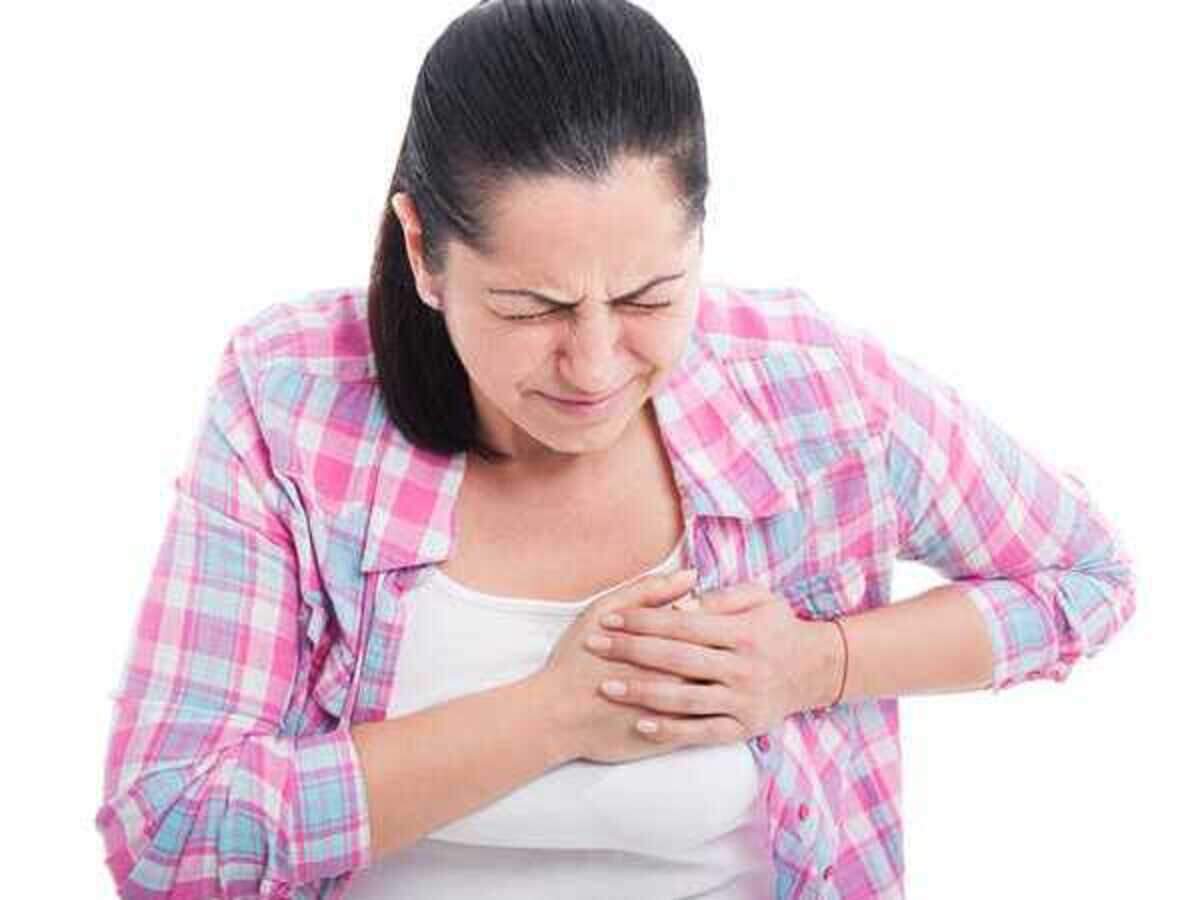4 Possible Causes of Feeling Lightheaded
Some of the causes of a decrease in heart rate and blood pressure are not alarming. Others, though, may indicate more serious health risks. Perhaps a decrease in heart rate and blood pressure does not cause fainting. However, this does not mean that you will not have dizziness. Lightheadedness can also be caused by dizziness, although it is difficult to determine when lightheadedness is cause for alarm.
4 Possible Causes of Feeling Lightheaded
Sometimes it can be difficult to distinguish between vertigo and lightheadedness. However, dizziness and lightheadedness feel very different. Everything around you appears to be spinning. Common causes of vertigo include tumours, strokes, inner ear abnormalities, and drug adverse effects. Treating the underlying health issues can expedite dizziness recovery. However, it should be handled as seriously as dizziness, as it can result in severe injuries and falls. Among older folks, dizziness is a major health concern, but it can be prevented. Below are the four most common causes of dizziness and ways to prevent it.
1. Dehydration
Extreme perspiration and excessive fluid loss can cause fainting and dizziness. Common causes include prolonged summertime standing and being in a hot room. The nervous system might be triggered by excessive heat or sweating to lower blood pressure. Symptoms of lightheadedness caused by dehydration include headaches, dark-colored urine, and dry mouth. However, by resupplying the brain and heart with blood, lying down helps accelerate the recovery process.
Dehydration can be caused by overheating, illness, or inadequate drinking and eating. Insufficient bodily fluids result in a decrease in blood volume and blood pressure. As a result, the brain will not receive sufficient nourishment, resulting in dizziness. A glass of water might expedite the recovery from dizziness. However, it may take longer for the body to rehydrate if you haven't been drinking or eating enough. During a serious health crisis, it may be necessary to administer fluids intravenously. In addition, it may be prudent to make an appointment with a doctor to have electrolytes, such as sodium and potassium, measured.
When the body loses more fluids and water than it intakes, dehydration ensues. According to studies, 75 percent of the human body is composed of water. Without water and other fluids, cells cannot thrive. Throughout the day, the body loses water through respiration, perspiration, and urination. However, adequate nutrition and hydration can assist replenish the body. Dehydration at low levels can result in severe headaches, diarrhoea, and lethargy. Severe dehydration may also necessitate immediate medical intervention.
2. Drug Adverse Effects
Certain drugs, such as anti-anxiety and painkillers, can induce lightheadedness and vertigo. These symptoms are brought on by medicines that lower blood pressure or heart rate. Additionally, you may be allergic to the medications you are taking. People experiencing a life-threatening allergic reaction may experience fainting or dizziness. An allergic reaction of the immune system can also lower blood pressure and widen blood vessels. However, the solution may be as simple as trying a different medicine, altering the dosage, or consulting a New Jersey allergist.
3. Heart Disease and Stroke
Also see: What Massage Types Are Safe During Pregnancy?
Severe dizziness could indicate a stroke or heart attack. In addition to arm pain, shortness of breath, jaw pain, chest pain, and back pain, other heart attack and stroke symptoms that might cause dizziness are shortness of breath, jaw pain, chest pain, and back pain. The presence of difficulty walking, visual abnormalities, and a severe headache may indicate a stroke. In the elderly, dizziness may be the only indication of a stroke or heart attack. In the event of dizziness, older adults should seek emergency medical attention immediately.
Stroke and heart attack are potentially fatal emergencies. A ruptured blood artery might result in a hemorrhagic stroke in the brain. The majority of strokes and heart attacks are caused by a blood clot in the brain. Common symptoms of a stroke include dizziness, nausea, and vomiting. However, lightheadedness does not necessarily indicate a heart attack or stroke.
4. Low Blood Sugar
A decrease in blood sugar depletes the energy of all physiological systems, including the brain. This may cause you to feel disoriented and lightheaded. However, an energy drink or juice may be sufficient to alleviate your discomfort. However, maintain normal blood sugar levels by taking extra sugar in tablet or intravenous form.
If you've ever skipped a meal, you likely know what it's like to be extremely hungry. Due to a lack of glucose for energy synthesis, inadequate nutrition can precipitate a precipitous decline in blood sugar levels. One of the main symptoms of a sudden drop in blood sugar levels is dizziness. Low blood sugar can be treated as a metabolic issue, but adequate nutrition can alleviate the symptoms. During hectic days, non-perishable snacks can help keep you energised. Do you experience dizziness even after using drugs to reduce your blood sugar? If so, consider your condition seriously, since it may be an indication of a hazardous drop in blood sugar that can cause unconsciousness and convulsions.


Comments
Post a Comment